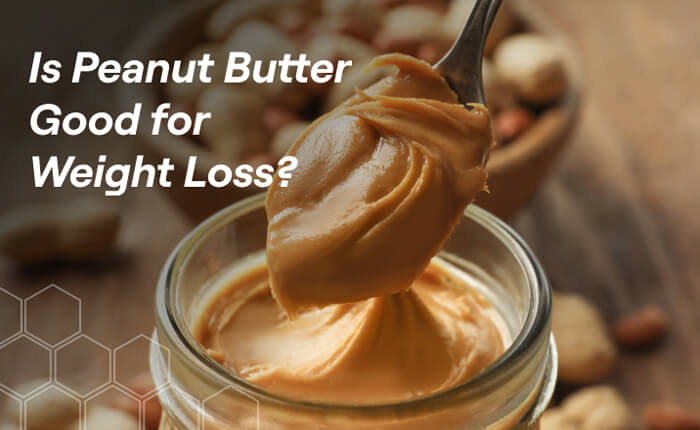In the world of nutrition, peanut butter has long been a beloved and versatile spread, adored for its creamy texture and rich, nutty flavor. However, when it comes to weight loss, opinions about this pantry staple often diverge. Some hail it as a nutritious source of healthy fats and protein, while others caution against its calorie density. Let’s delve into the nutty world of peanut butter and explore whether it can be a friend or foe in your weight loss journey.
Nutritional Composition:
Peanut butter is a nutritional powerhouse, packing a punch of essential nutrients. It is a rich source of monounsaturated and polyunsaturated fats, the heart-healthy fats that contribute to satiety. Additionally, it boasts protein, fiber, vitamins, and minerals such as vitamin E, magnesium, and potassium. However, its caloric density cannot be ignored, as even a small serving can contribute a significant amount of calories to your daily intake.
The Role of Healthy Fats:
Contrary to the belief that fats should be completely eliminated during weight loss, incorporating the right kind of fats can be beneficial. The monounsaturated and polyunsaturated fats in peanut butter can help keep you feeling fuller for longer periods, reducing the likelihood of overeating. These fats also play a crucial role in supporting various bodily functions, including hormone production and nutrient absorption.
Protein Powerhouse:
Protein is a key player in weight loss, as it helps in building and repairing tissues, preserves lean muscle mass, and boosts metabolism. Peanut butter is a surprisingly good source of plant-based protein, making it an excellent option for those following a vegetarian or vegan diet. Including protein in your meals can enhance feelings of fullness and prevent the urge to snack on unhealthy, calorie-laden options.
Fiber Friend:
Fiber is another ally in the weight loss battle, promoting digestive health and aiding in satiety. Peanut butter contains dietary fiber that helps regulate blood sugar levels and keeps you feeling satisfied for a more extended period. The combination of healthy fats, protein, and fiber creates a trifecta that supports a balanced and weight-conscious diet.
Mindful Consumption:
While the nutritional profile of peanut butter is commendable, it’s crucial to practice mindful consumption. The calorie content can add up quickly, especially if large portions are consumed mindlessly. Opt for natural peanut butter without added sugars and hydrogenated oils, and be mindful of portion sizes. A tablespoon or two can be a satisfying addition to your diet without tipping the scale in terms of excess calories.
In Conclusion:
The verdict on whether peanut butter is healthy for weight loss depends on how it fits into your overall diet and lifestyle. When consumed in moderation and as part of a balanced, calorie-controlled diet, peanut butter can be a valuable addition, providing essential nutrients and contributing to a sense of satisfaction. Embrace the nutty goodness, but be mindful of portion sizes to ensure that peanut butter remains a supportive ally in your weight loss journey.
